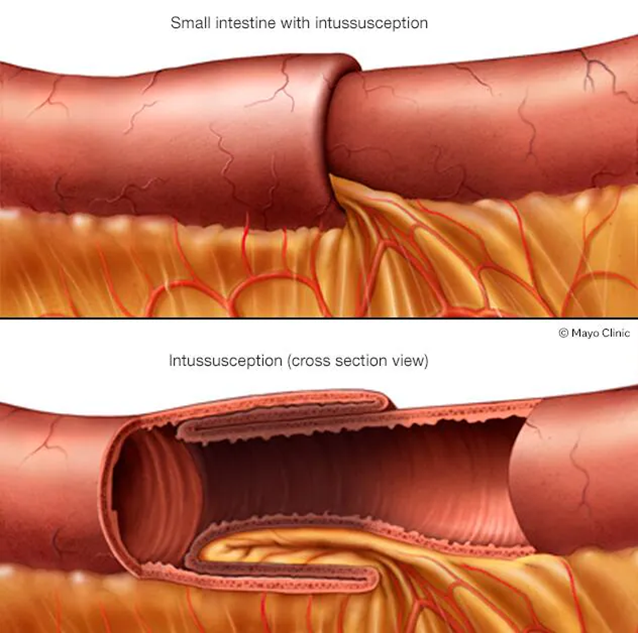The nurse is teaching the parent about the diet of a child experiencing severe edema associated with acute glomerulonephritis. Which information should the nurse include in the teaching?
Your child’s diet will consist of low-fat, low-carbohydrate foods.
You will need to decrease the number of calories in your child’s diet.
You will need to avoid adding salt to your child’s food.
Your child’s diet will need an increased amount of protein.
The Correct Answer is C
Choice A reason:
A diet consisting of low-fat, low-carbohydrate foods is not specifically recommended for managing severe edema associated with acute glomerulonephritis. While a balanced diet is important, the primary dietary focus should be on reducing sodium intake to prevent fluid retention and manage edema. Therefore, this choice is not the most appropriate recommendation.
Choice B reason:
Decreasing the number of calories in the child’s diet is not a primary recommendation for managing severe edema associated with acute glomerulonephritis. The focus should be on reducing sodium intake rather than calorie restriction. Adequate nutrition is essential for the child’s overall health and recovery1. Therefore, this choice is not the most appropriate recommendation.
Choice C reason:
Avoiding adding salt to the child’s food is a key recommendation for managing severe edema associated with acute glomerulonephritis. Sodium can lead to water retention, which can worsen edema and increase blood pressure. A low-sodium diet helps to reduce fluid retention and manage the symptoms of glomerulonephritis. This is the most appropriate dietary recommendation for managing severe edema in this condition.
Choice D reason:
Increasing the amount of protein in the child’s diet is not recommended for managing severe edema associated with acute glomerulonephritis1. In fact, protein intake may need to be monitored and possibly restricted to prevent the buildup of waste products in the blood1. The primary dietary focus should be on reducing sodium intake to manage edema. Therefore, this choice is not the most appropriate recommendation.
Nursing Test Bank
Naxlex Comprehensive Predictor Exams
Related Questions
Correct Answer is C
Explanation
Choice A reason:
Measuring the abdominal girth is a useful assessment tool in cases of suspected abdominal distension or fluid accumulation. However, in the context of intussusception, the passage of a currant jelly-like stool is a more critical indicator of the condition. While measuring abdominal girth can provide additional information, it is not the most appropriate immediate action in this scenario.
Choice B reason:
Notifying the practitioner as this is not a typical finding is incorrect because the passage of currant jelly-like stool is a classic symptom of intussusception. This stool appearance results from a mixture of mucus and blood due to the telescoping of the intestine, which compromises blood flow and causes ischemia. Therefore, this finding should be documented as expected rather than considered atypical.
Choice C reason:
Documenting the passage of currant jelly-like stool as an expected finding and planning to move forward with the procedure is the most appropriate action. This stool appearance is a hallmark sign of intussusception, indicating that the condition is present and needs to be addressed promptly. The radiologist-guided pneumoenema is a diagnostic and therapeutic procedure that can help resolve the intussusception by using air pressure to unfold the telescoped segment of the intestine. Therefore, documenting this finding and proceeding with the planned intervention is crucial.

Choice D reason:
Auscultating for bowel sounds is a standard nursing assessment technique to evaluate gastrointestinal function. However, in the context of intussusception, the passage of currant jelly-like stool is a more definitive indicator of the condition. While auscultating for bowel sounds can provide additional information about bowel activity, it is not the most appropriate immediate action in this scenario.
Correct Answer is D
Explanation
The correct answer is d) Central nervous system.
Choice A reason:
The musculoskeletal system is not primarily affected by abnormal phenylalanine levels. Phenylketonuria (PKU) is a metabolic disorder that primarily impacts the brain and cognitive functions. While muscle weakness can occur due to overall health deterioration, it is not the primary system affected by phenylalanine toxicity.
Choice B reason:
The renal system is not the main target of phenylalanine toxicity. Although the kidneys play a role in filtering blood and excreting waste, the toxic effects of phenylalanine accumulation are more pronounced in the brain. Therefore, the renal system is not the primary system affected by abnormal phenylalanine levels.
Choice C reason:
The GI system, or gastrointestinal system, is not the primary system affected by abnormal phenylalanine levels. While dietary management is crucial for individuals with PKU to control phenylalanine intake, the toxic effects are primarily seen in the brain. The GI system is involved in the absorption and digestion of nutrients, but it is not the main system impacted by phenylalanine toxicity.
Choice D reason:
The central nervous system (CNS) is the primary system affected by abnormal phenylalanine levels. Phenylketonuria (PKU) leads to the accumulation of phenylalanine in the brain, causing severe brain damage and cognitive impairments. High levels of phenylalanine can disrupt neurotransmitter synthesis and brain development, leading to intellectual disabilities and other neurological issues. Therefore, the CNS is the main system impacted by phenylalanine toxicity.
Whether you are a student looking to ace your exams or a practicing nurse seeking to enhance your expertise , our nursing education contents will empower you with the confidence and competence to make a difference in the lives of patients and become a respected leader in the healthcare field.
Visit Naxlex, invest in your future and unlock endless possibilities with our unparalleled nursing education contents today
Report Wrong Answer on the Current Question
Do you disagree with the answer? If yes, what is your expected answer? Explain.
Kindly be descriptive with the issue you are facing.
